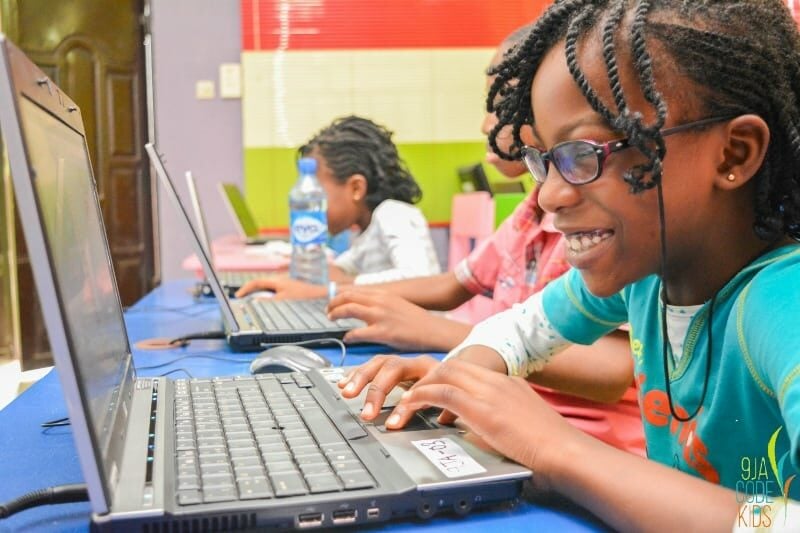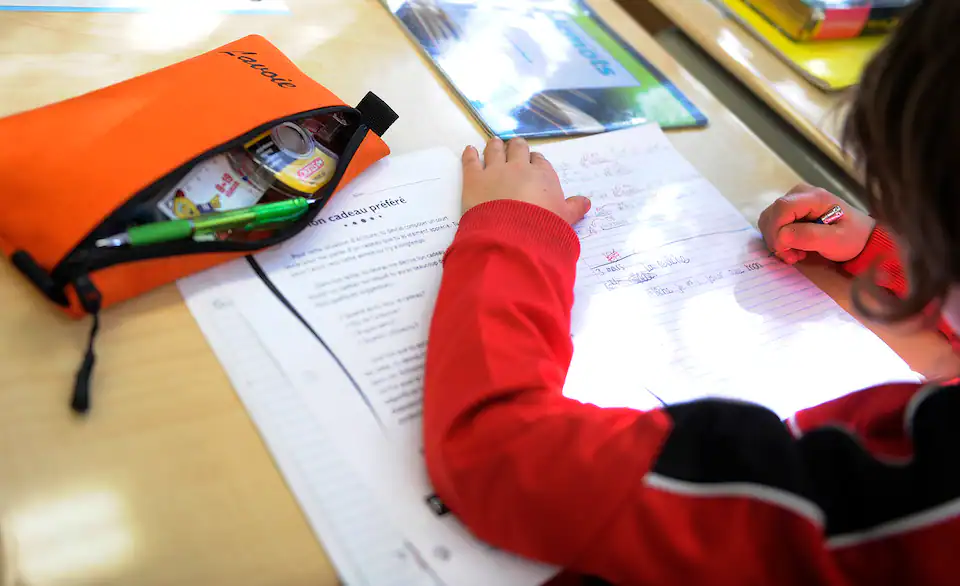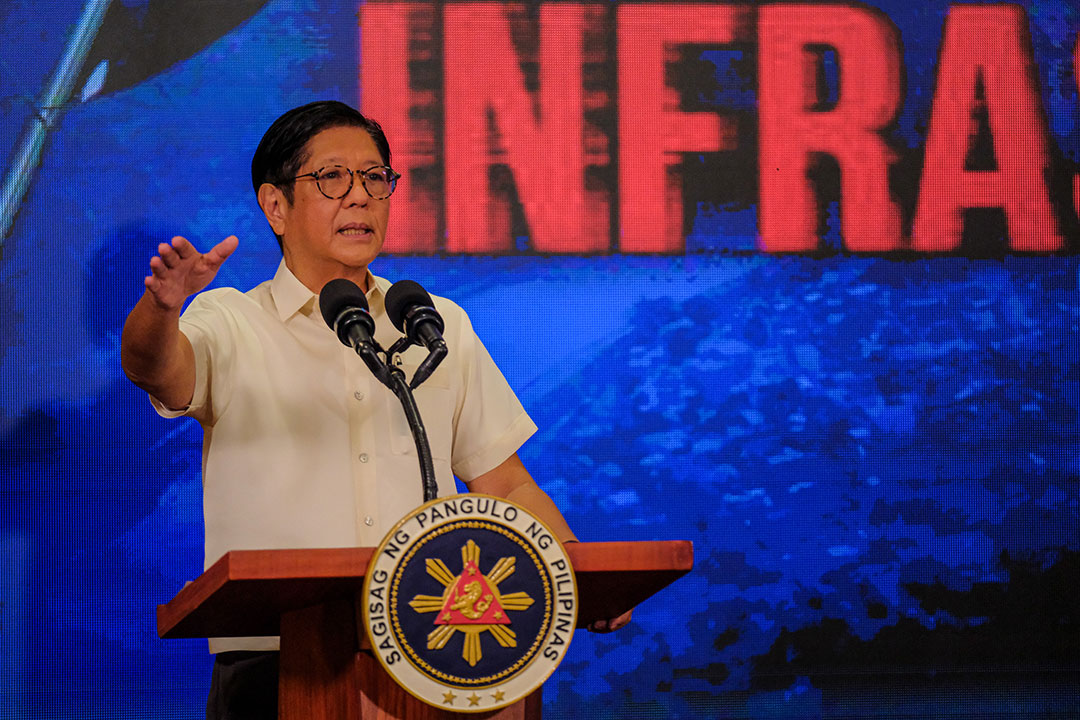By Henry Tyohemba
Copyright leadership

Nigeria’s ambitious new national curriculum, which places coding, Python, robotics, artificial intelligence, entrepreneurship, and other digital literacy courses at the centre of secondary school learning, is facing a potentially serious hurdle.
This is due to a shortage of qualified teachers capable of delivering the new courses accross the over 50,000 secondary schools in the country.
LEADERSHIP reports that while the curriculum promises to equip students with 21st-century skills, experts fear its full implementation may be undermined by gaps in human capacity, particularly in rural areas.
Set to take effect in September 2025, the curriculum introduces Python basics, Scratch programming, robotics, and internet research for junior secondary students. Senior secondary learners will progress to programming, artificial intelligence, data science, cybersecurity, and digital entrepreneurship. Project-based learning has also been embedded across both levels to encourage practical skills, problem-solving, and innovation.
While the government has described the curriculum as historic, moving Nigerian education beyond traditional subjects, insiders tell LEADERSHIP that schools are struggling to prepare for the rollout.
A teacher in a private school in Abuja, Collins Uge, revealed that most schools have not yet formalised plans for the transition, including the school where he teaches.
“Our school has not yet commented on the new curriculum; for now, we are using the old one. But it will be difficult to get teachers who studied digital literacy courses like coding, Python, programming, and the rest.
“The case will be even more complicated in rural schools. Most youths who studied these programmes are not willing to stay in villages. The curriculum is a welcome development, but it needs time to function well,” he said.
Another teacher, Isaac Moji, said the scarcity of specialists is the most pressing challenge in the new curriculum.
“Traditional subjects remain largely unchanged, but emerging courses like coding, Python, and artificial intelligence require teachers with specific skills.
“These experts are few, and posting them to rural schools may be very difficult. This is what could threaten full implementation.”
At the junior secondary level, students will now study Mathematics and Measurement, English Language, Integrated Science, Digital Literacy and Coding, Social Studies, Languages, Creative Arts, and Physical and Health Education.
Senior secondary students will study advanced Mathematics, English and Communication, Sciences, Technology and Innovation, Social Sciences, Languages, Creative Arts and Innovation, Physical and Health Education, and Research and Project Work, with the digital subjects forming a core part of the curriculum.
Some parents also warn that without targeted investment in teacher training and incentives to attract specialists, particularly to underserved areas, the digital literacy and coding components may remain largely theoretical.
A retiree based in Lugbe, Abuja, Mr Francis Hange, said, the vision is excellent, but teachers are the lifeline of any curriculum. “You cannot implement coding or artificial intelligence on paper. It requires practitioners who are comfortable teaching those skills, and right now there are very few.”
But the government insists that the reforms are crucial to preparing students for a global economy increasingly driven by technology, innovation, and entrepreneurship.
On Tuesday, the Federal Ministry of Education said the rollout of the curriculum follows extensive nationwide consultations that brought every critical stakeholder to the table.
The review, according to the Ministry, was led by the Nigerian Educational Research and Development Council (NERDC) under the supervision of the Ministry.
The Ministry stressed that it adopted both competency- and outcome-based approaches to strengthen the curricula, saying the reform was not a rushed exercise but a step-by-step and participatory process designed to guarantee inclusivity, national ownership, and international relevance.
The Ministry’s spokesperson, Folasade Boriowo, said the journey began with a nationwide needs assessment in 12 states to identify gaps in the system. It was followed by dialogues across the six geopolitical zones, where learners, teachers, parents, civil society groups, employers, religious and traditional leaders, policymakers, and development partners all contributed their perspectives.
“Their input helped shape a new curriculum framework that reflects national policies, development priorities, and the aspirations of society. This framework was formally ratified at the 68th National Council on Education (NCE) meeting held on 10th October 2024.
“The meeting, chaired by the Honourable Ministers of Education, also had in attendance Commissioners of Education, SUBEB chairmen, professional bodies, civil society organisations, and development partners, ensuring legitimacy and broad acceptance.
“Curriculum design and development were carried out by subject specialists, teacher educators, industry practitioners, and curriculum experts across the country. The work followed four technical stages: content selection and standardisation, drafting, critique and refinement, and final editing.
“Since the NCE approval, the Ministry has implemented the curricula in phases over the past nine months. This included piloting in selected schools, orientation for teachers, and nationwide training delivered both physically and online to prepare educators for effective delivery in classrooms,” she said.
The Ministry assures Nigerians that, with due diligence observed and all stakeholders carried along, the revised curricula will continue to be implemented seamlessly across schools.
LEADERSHIP gathered that the coming months will be critical in determining whether this initiative will translates into tangible learning outcomes or remains a paper plan waiting for the human capacity to catch up.



